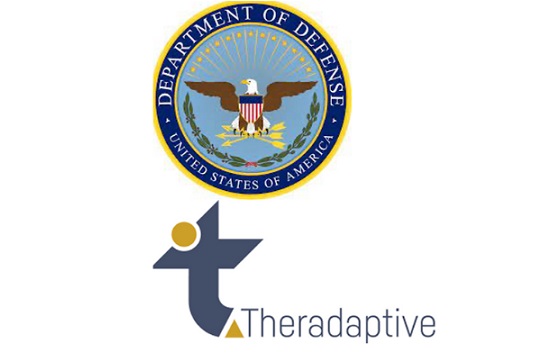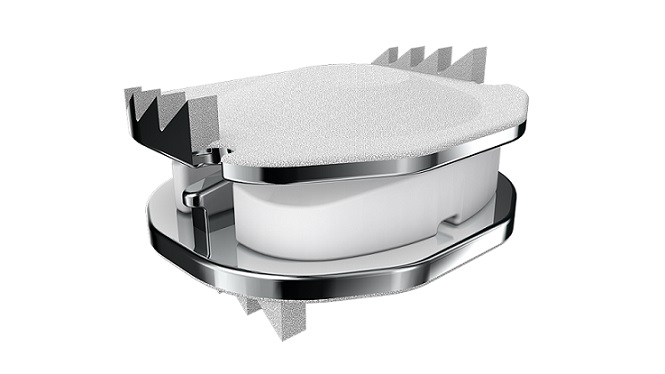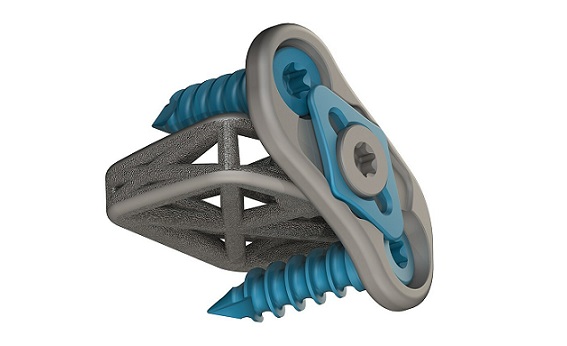Hospital for Special Surgery and Weill Cornell Medicine Research Team Open Up New Avenues of Treatment and Prevention of Spinal Pathologies Including Osteoporosis and Cancer
NEW YORK, Sept. 21, 2023 /PRNewswire/ — In a groundbreaking study published in Nature, a collaborative team of researchers from Hospital for Special Surgery (HSS) and Weill Cornell Medicine have discovered a new stem cell uniquely present in the spine. Vertebral stem cells, distinct from other stem cells in the body, hold the key to understanding a range of conditions affecting the spine – including its higher incidence of cancerous tumor metastases, particularly from breast, prostate, and lung cancers.
For a long time, physicians believed all bones formed in the same way – through a universal process of ossification. However, this study, led by primary investigator Matthew Greenblatt, MD, PhD, associate professor of pathology and laboratory medicine at Weill Cornell Medicine and assistant scientist in the HSS research division, alongside clinical collaborator Sravisht Iyer MD, spine surgeon at HSS, illuminated that certain vertebral skeletal stem cells play a unique and formative role in the development and life cycle of spinal vertebrae. Specifically, the investigators identified a stem cell that is responsible for bone formation in the vertebrae. Their research was made possible by support from a Pershing Square Foundation Cancer Research Prize and a special program established by the Anna-Maria and Stephen Kellen Foundation and Marina Kellen French, Vice President of the Foundation and an HSS trustee, that provides support for clinicians pursuing research as a significant component of their careers.
This significant finding carries profound implications for the field of spine health, including spinal healing, degeneration, treatment approaches, comprehension of degenerative spine disorders – and the potential to lead to breakthroughs in the prevention and treatment of vertebral osteoporosis and cancer metastasis.
“Understanding how vertebrae develop will help us more effectively treat patients, screen them before surgical intervention, and will ultimately lead to more effective preventive care and optimized bone health,” said Dr. Iyer. “The identification of this unique stem cell in the spine has the potential to significantly enhance our patients’ outcomes in spine fusion surgery–a procedure performed hundreds of thousands of times in the United States each year–because it may allow for us to screen for problems ahead of time,” he continued. “The findings may also advance care for people with osteoporosis and, specifically, the 30 to 50 percent of the global population who suffer a vertebral fracture at some point in their lives.”
By manipulating bone-like “organoids” made from vertebral stem cells, this study also explored the disparities in metastasis rates between spinal bones and long bones, which include bones of the thigh, leg, arm and forearm. “Traditionally, it was believed that cancer cells were attracted to the spine due to directed blood flow. However, our discovery of this vertebral stem cell provides a likely explanation of why some cancers most often spread to the spine,” stated Dr. Greenblatt. “We predict this discovery will lead to the targeting of these cells to disrupt the function and ultimately reduce the spread of cancer to the spine.”
The research team for this study included Jun Sun, PhD, first author and a postdoctoral associate at Weill Cornell; Kyle Morse, MD, an orthopedic surgery resident at HSS; and Lingling Hu, PhD, researcher at HSS, and has implications extending far beyond the laboratory and has the potential to impact patient care worldwide. Armed with insights into spine development and evolution, physicians will be able to tailor treatments and surgical intervention with more precision, with hope for improved patient outcomes across the board.
About HSS:
HSS is the world’s leading academic medical center focused on musculoskeletal health. At its core is Hospital for Special Surgery, nationally ranked No. 1 in orthopedics (for the 14th consecutive year), No. 2 in rheumatology by U.S. News & World Report (2023-2024), and the best pediatric orthopedic hospital in NY, NJ and CT by U.S. News & World Report “Best Children’s Hospitals” list (2023-2024). In a survey of medical professionals in more than 20 countries by Newsweek, HSS is ranked world #1 in orthopedics for a third consecutive year (2023). Founded in 1863, the Hospital has the lowest readmission rates in the nation for orthopedics, and among the lowest infection and complication rates. HSS was the first in New York State to receive Magnet Recognition for Excellence in Nursing Service from the American Nurses Credentialing Center five consecutive times. An affiliate of Weill Cornell Medical College, HSS has a main campus in New York City and facilities in New Jersey, Connecticut and in the Long Island and Westchester County regions of New York State, as well as in Florida. In addition to patient care, HSS leads the field in research, innovation and education. The HSS Research Institute comprises 20 laboratories and 300 staff members focused on leading the advancement of musculoskeletal health through prevention of degeneration, tissue repair and tissue regeneration. In addition, more than 200 HSS clinical investigators are working to improve patient outcomes through better ways to prevent, diagnosis, and treat orthopedic, rheumatic and musculoskeletal diseases. The HSS Innovation Institute works to realize the potential of new drugs, therapeutics and devices. The HSS Education Institute is a trusted leader in advancing musculoskeletal knowledge and research for physicians, nurses, allied health professionals, academic trainees, and consumers in more than 165 countries. The institution is collaborating with medical centers and other organizations to advance the quality and value of musculoskeletal care and to make world-class HSS care more widely accessible nationally and internationally. www.hss.edu.
SOURCE Hospital for Special Surgery







